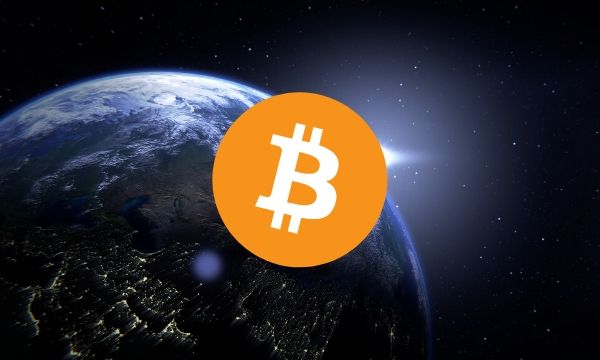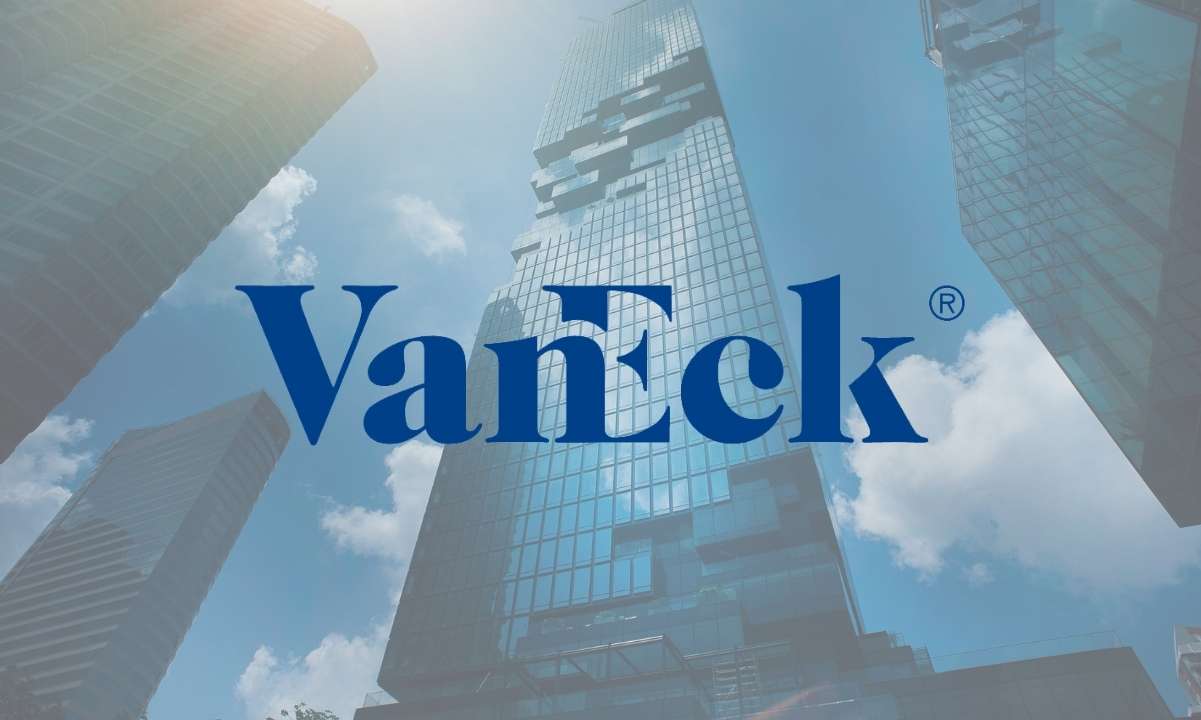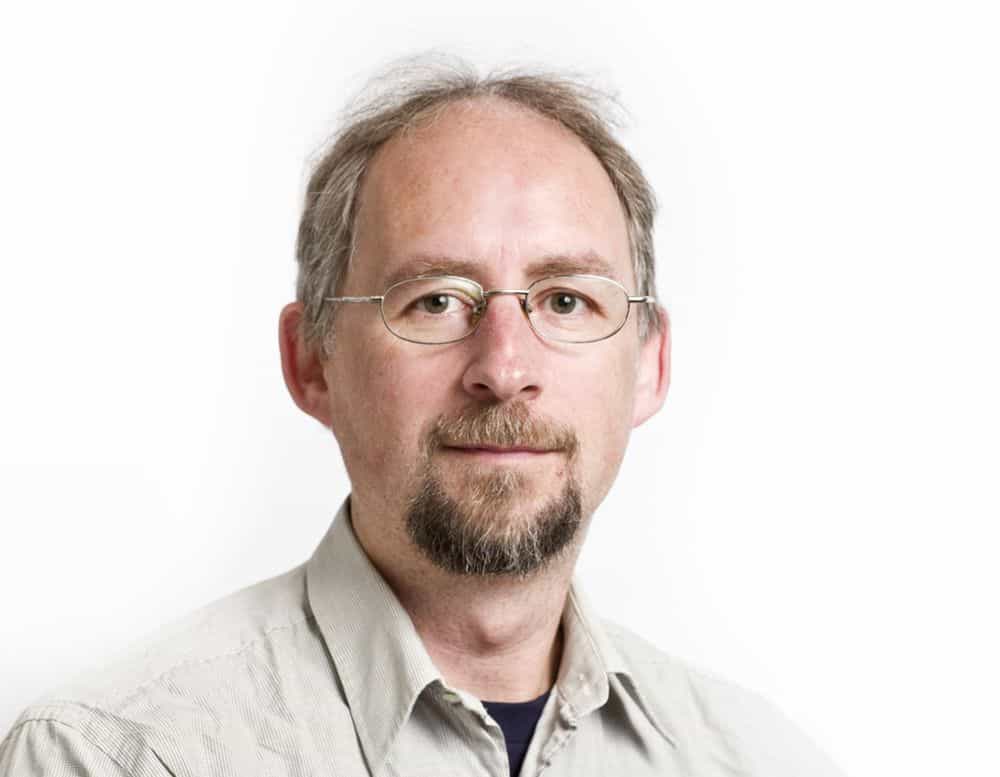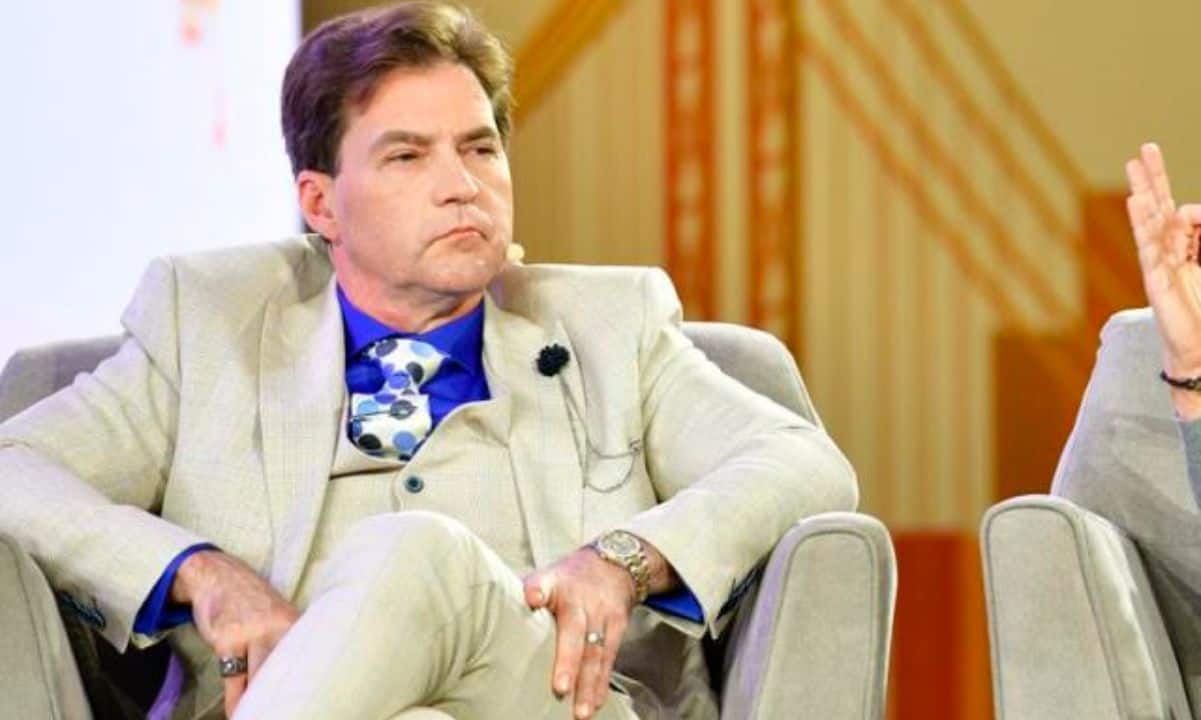Shark Tank Kevin O’Leary Will Only Buy Bitcoin Mined with Clean Energy
The popular investor Kevin O’Leary stated he will only buy bitcoin mined sustainably in countries around the globe using clean energy. He distanced himself from the so-called ”blood” coins mined in China, saying he will never purchase such.
Bitcoin Mined in China Is a ”Blood” Coin
The controversy around the environmental damage that bitcoin mining causes goes on. The chairman of O’Shares – Kevin O’Leary, is the next one to touch on the topic. During a recent CNBC interview, the investor claimed that he would never buy BTC mined differently than sustainably in countries that use green energy.
In his opinion, the primary cryptocurrency has two completely different faces:
”I see over the next year or two, two kinds of coin: blood coin from China, and clean coin mined sustainably in countries that use hydroelectricity, not coal.”
According to the German analytics company Statista, BTC mining uses an enormous amount of energy. Additionally, data from the mining resource developed by Cambridge University shows that China is responsible for 65% of bitcoin’s production.
Shark Tank’s O’Leary noted that he would not invest in bitcoin unless he knows the specifics of the mining process of the cryptocurrency:
”I’m not buying coin unless I know where it was mined, when it was mined, the provenance of it. Not in China. No blood coin for me.”
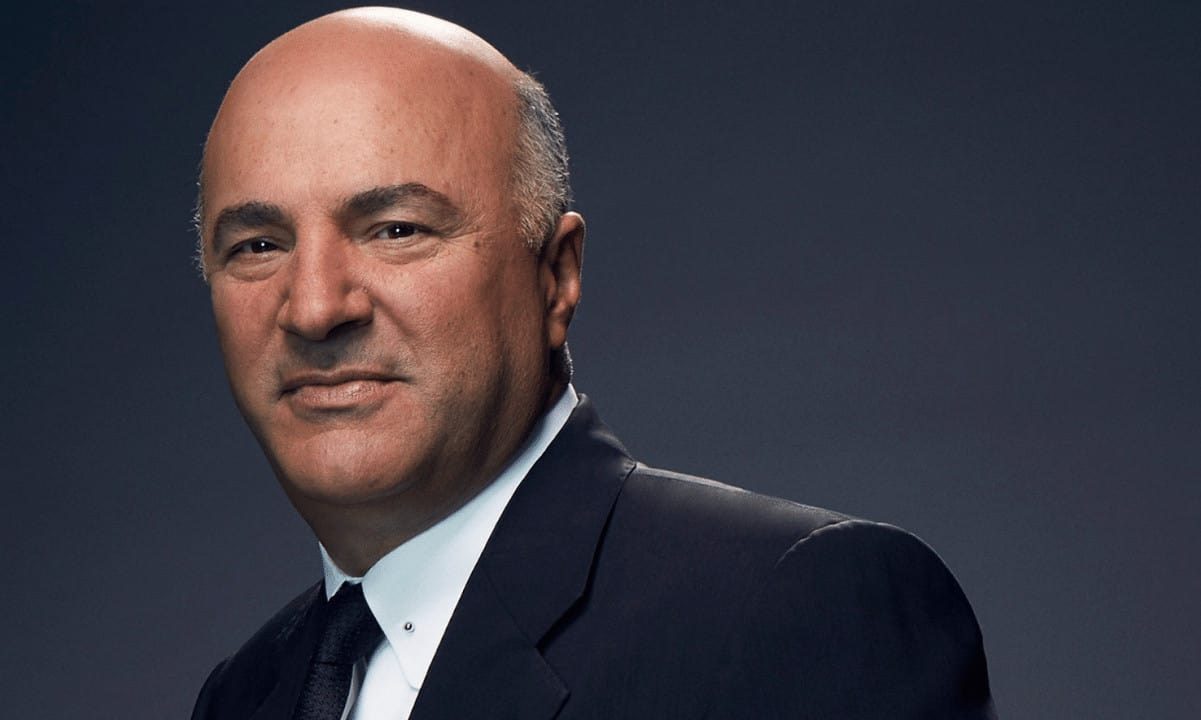
Kevin O’Leary and His Previous BTC Relationship
In the past, O’Leary, also known as Mr. Wonderful, had a highly negative opinion about the primary cryptocurrency calling it ”garbage.” Furthermore, back in 2019, he called it ”useless currency because you can’t get in and out of it in large amounts.”
Fast-forward a few years, O’Leary started softening his stance. He even said he respects it but would not invest a huge amount of his portfolio into it.
However, he ultimately joined the “I changed my heart on bitcoin” club in early March, as CryptoPotato reported.
A few years after bashing the cryptocurrency, O’Leary revealed that he would allocate 3% of his personal portfolio into it.
Featured Image Courtesy of Time



